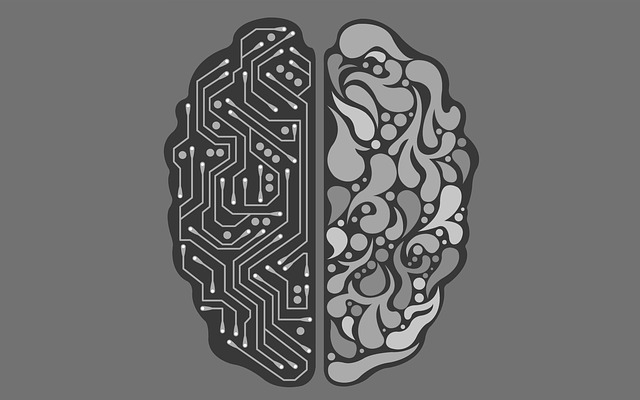24 Oct. 2018. A high-performance computer chip maker and life science research center are collaborating on extending deep learning, a form of artificial intelligence, into more areas of medical science and practice. Financial and intellectual property aspects of the agreement between NVIDIA Corp. in Santa Clara, California and Scripps Research Translational Institute in La Jolla, California were not disclosed.
NVIDIA is a designer of high-speed and high-capacity computer hardware platforms for demanding applications such as gaming and graphics, but in recent years is extending into more industrial and scientific uses including supercomputers, data centers, and artificial intelligence. Scripps Research is a not-for-profit medical research center, and through its Scripps Research Translational Institute aims to advance precision medicine with studies of genomics and digital technologies, including wireless computing.
Under their agreement, Scripps and NVIDIA are establishing a joint research program investigating deep learning technologies to analyze large-scale data collections generated by genomics and the rapidly growing number of sensors in medical and wearable devices. Deep learning is a form of machine learning and artificial intelligence that makes it possible for systems to discern underlying patterns in relationships, and build those relationships into knowledge bases applied to a number of disciplines. This technique uses machine learning to form layers of neural networks, with each layer adding to the knowledge derived from previous layers.
NVIDIA already has an artificial intelligence presence in health care with its Clara platform, a supercomputer application performing diagnostics from medical images. The company says it’s also advancing A.I. into other areas of health care and life sciences, such as medical decision making, hospital administration, and precision medicine with genomics.
According to NVIDIA and Scripps, much of artificial intelligence today focuses on diagnostics, particularly interpretation of medical images. In this project, the partners say they plan to examine the use of deep learning applied to large-scale databases with whole genomic analysis and from millions of sensors continuously collecting and transmitting medical data. The goal is to harness these data to better understand human health processes and interactions, to prevent illness as well as diagnose existing conditions.
“With NVIDIA,” says Eric Topol, founder and director of Scripps Research Translational Institute in a joint statement, “we aim to establish a center of excellence for artificial intelligence in genomics and digital sensors, with the ultimate goal of developing best practices, tools, and AI infrastructure for broader adoption and application by the biomedical research community.”
Teams from both organizations plan start with an investigation of deep learning applied to genomics and sensor data related to atrial fibrillation, a type of irregular heartbeat that increases the risk of stroke. Lessons learned from this initial exercise will then help determine further examinations of other diseases with these data.
More from Science & Enterprise:
- Algorithms Advance Assistive Control for Spinal Cord Injury
- Univ. Spin-Off Developing A.I.-Boosted Heart Monitor
- A.I. to Identify Treatment Drivers for Colorectal Cancer
- Machine Learning Detects More Cancer Mutations
- A.I., Imaging Shown to Predict Immunotherapy Success
* * *


 RSS - Posts
RSS - Posts
You must be logged in to post a comment.